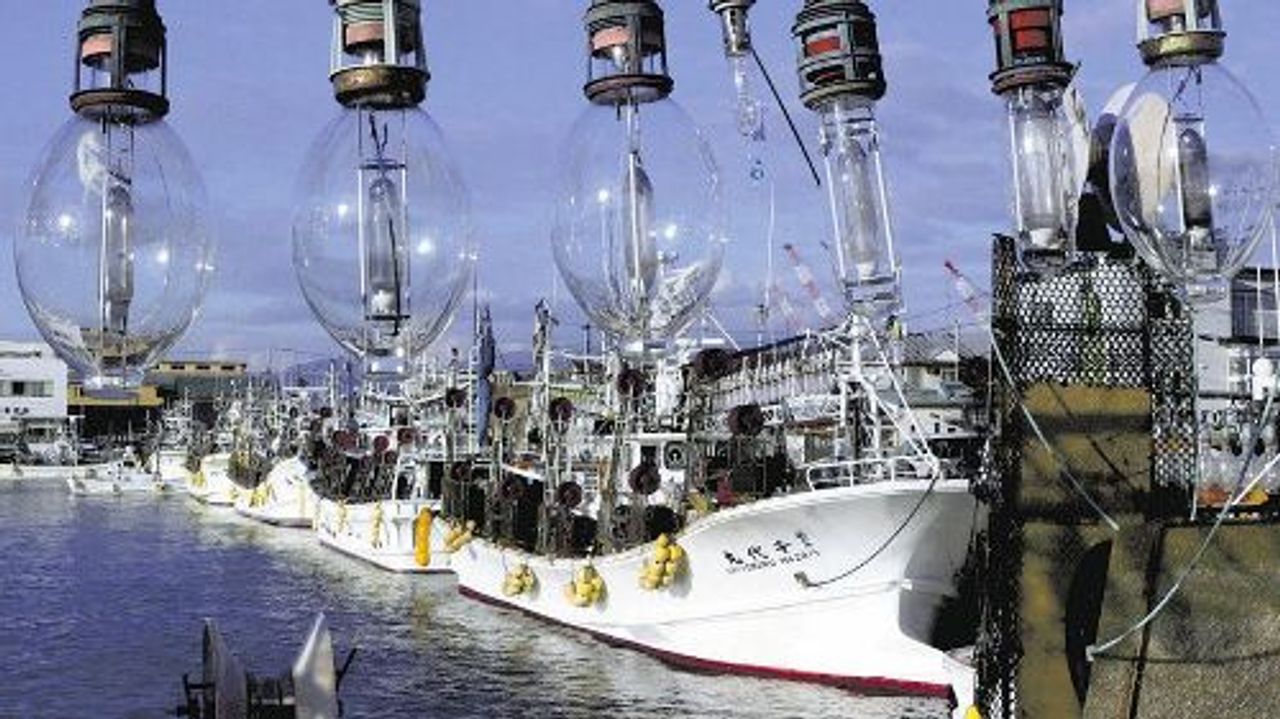A sudden decision to halt the fishing of Surume (Japanese flying squid) has had a profound impact on the city of Hakodate, one of the primary squid fishing grounds in Japan. This abrupt move aims to conserve dwindling squid populations, safeguarding the biodiversity of the ocean and the longevity of the industry. However, it poses severe economic difficulties for the local populations heavily dependent on the squid fishing and processing industries.
In Japan, a balance between preserving biodiversity and ensuring a healthy economy, especially in areas reliant on the fisheries industry, is vital. Japanese society values sustainability and harmony with nature while also respecting livelihoods based on traditions and industry. The Surume Squid fishery, a staple not just of Hakodate but of Japanese cuisine nationwide, being suspended upsets this balance, resulting in public interest and discussions on a broader scale.
In the US or EU, such a situation would also fuel debate between environmental conservationists and businesses. In these regions, industries like oil, timber or coal might face similar situations. While efforts are often made to shift to new industries, the transition can be difficult and contentious. The balance between the environment and economy is a global issue, albeit with local variations.

